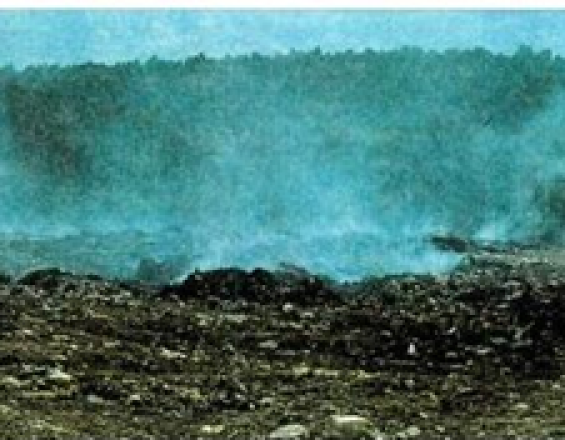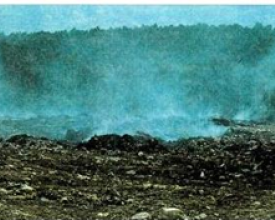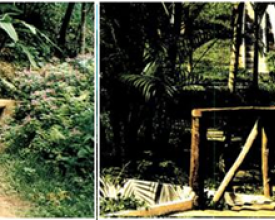
Closure and Reclamation of the Ipatinga Landfill, Minas Gerais

Since 1981, the municipality of Ipatinga, Minas Gerais, had been disposing of its solid waste in a 14-hectare open-air landfill. The area, totally degraded, had a chaotic and unhealthy appearance, with an abundance of fire outbreaks, flies, vultures and scavengers. In order to regularize the situation regarding the municipality's solid waste, the implementation of selective collection in Ipatinga was planned and with it the participation of recyclers. Waste collection routes and sweeping routes have also been drawn up, and a new fleet of vehicles has been acquired. In addition, the municipality prepared a project for the recovery of the area degraded by the landfill and proposed the installation of a sanitary landfill in the adjacent area, and also initiated the recycling of organic waste.
Impacts
During the process of closing the landfill in the municipality of Ipatinga, several trainings and seminars were held with all the urban cleaning workers, seeking their valorization and a greater humanization of the work, through the construction of operational support headquarters. The participation of the population was also encouraged through lectures and trainings carried out throughout the educational network and other segments of society.
The recyclers who were working at the landfill at the time, running serious risks, were relocated to work with the selective collection implemented at a second stage during the landfill closure process. Currently, about 4,247 tons of solid domestic waste are generated per month, of which about 48 tons are recycled. Organic waste from vegetable and fruit traders from farms and from tree and lawn pruning in the city is composted.
Regarding the area used for final disposal, projects have been carried out to improve the site and continue its proper use.



